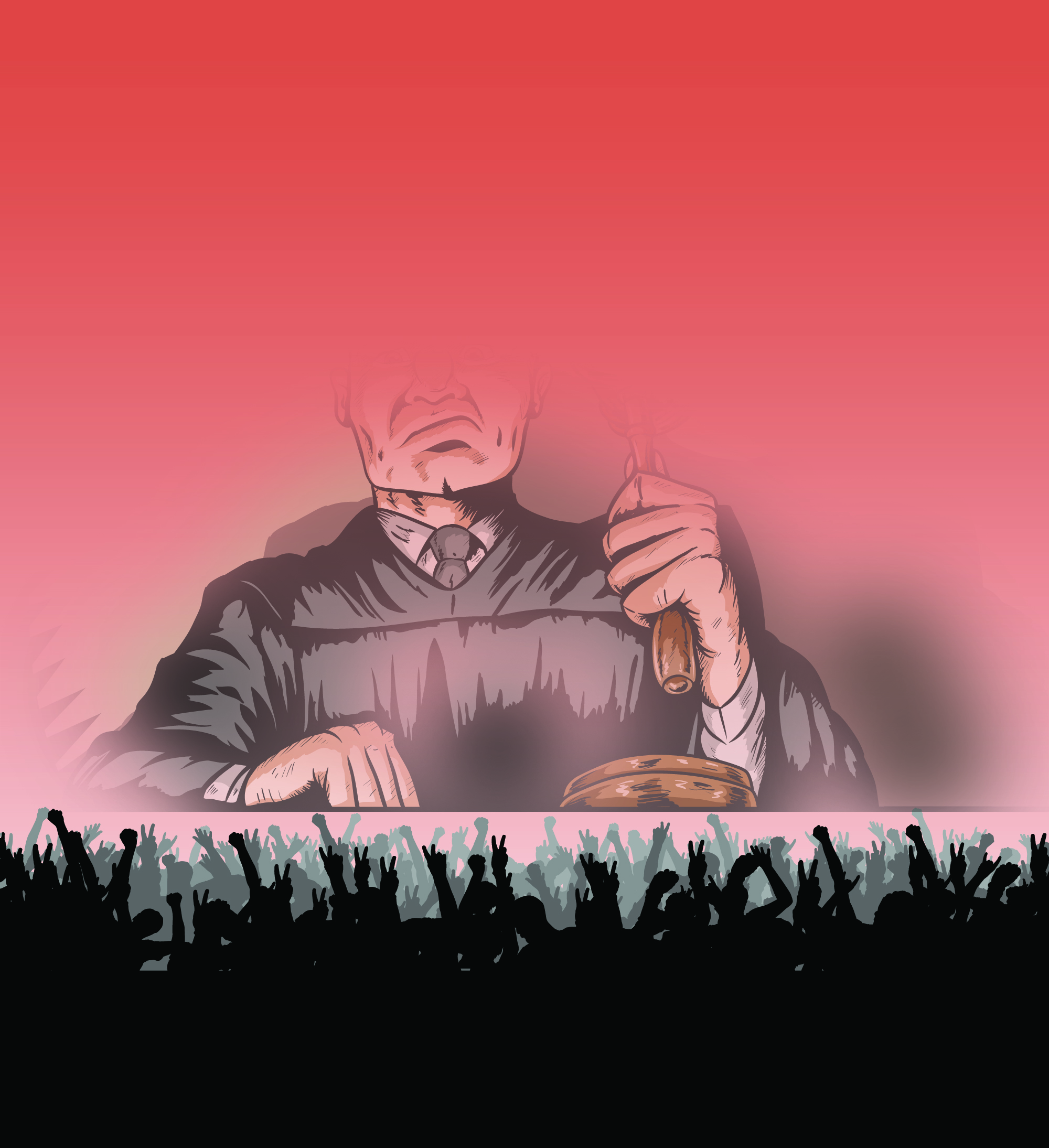Is the Supreme Court really willing to kick 10 million people off health insurance?
This time, the fate of 10 million people are at stake


A free daily email with the biggest news stories of the day – and the best features from TheWeek.com
You are now subscribed
Your newsletter sign-up was successful
The longstanding legal war being waged by conservatives against the Affordable Care Act has already claimed a number of victims. Nearly four million people in relatively poor households have been denied medical coverage because the of the Supreme Court's 2012 decision to re-write the ACA's historic expansion of Medicaid.
Still, the ACA has succeeded in getting millions of people health insurance, a state of affairs Republicans find intolerable. Hence, the recent litigation asserting — ludicrously — that Congress did not intend for subsidies to be made available on state health insurance exchanges created by the federal government. What will happen if the Supreme Court does the judicial equivalent of ruling that the Moops invaded Spain? Well, according to a new study conducted by the RAND Corporation, "Roughly 9.6 million people could lose medical coverage on ObamaCare's exchanges," an outcome that would "threaten the viability of the individual health insurance market" in the majority of states that allowed the feds to establish their exchanges.
One interesting question is whether this horrible outcome will affect the Supreme Court's decision-making. Some political observers think so. Kevin Drum of Mother Jones, for example, argues that the consequences could awaken the sporadic consciences of Justice Anthony Kennedy and Chief Justice John Roberts. "It's hard to think of a comparable case," Drum points out, "where a ruling would have had such an immediate, devastating effect on millions of ordinary people." If Roberts was unwilling to destroy the ACA before it went into effect, will he be willing to gut it once it will adversely affect millions of people, based on legal arguments that are, if anything, worse?
The Week
Escape your echo chamber. Get the facts behind the news, plus analysis from multiple perspectives.

Sign up for The Week's Free Newsletters
From our morning news briefing to a weekly Good News Newsletter, get the best of The Week delivered directly to your inbox.
From our morning news briefing to a weekly Good News Newsletter, get the best of The Week delivered directly to your inbox.
Supporters of the Affordable Care Act are not the only ones who are concerned about the havoc the high court could wreak. Randy Barnett, the scholar at the forefront of the legal war on the ACA, is urging Republicans in Congress to at least pretend to have an alternative should the Supreme Court torpedo the exchanges.
For better or worse, Barnett is almost certainly out of luck. While the congressional GOP's offer to the uninsured remains exactly what it's always been — nothing — one difference between this Republican conference and previous incarnations is that the current one probably won't even bother to pretend to have an offer. Taking away something that people already have is relevant to congressional Republicans, and Republican proposals to replace the ACA will almost inevitably lead to millions of people losing their insurance, as well as insurance becoming worse and more expensive for those who are able to retain it. There's a reason why repealing the ACA is even more unpopular than the ACA itself.
Will any of this affect the Supreme Court? It's hard to say.
In theory, one might argue that the consequences are irrelevant — the Supreme Court has to simply apply the law, consequences be damned. When it comes to the Supreme Court, however, this simple answer is not very persuasive. Almost by definition, cases get to the Supreme Court because reasonable people can disagree about what the law requires. When the law is ambiguous, it's not only understandable but desirable for the court to factor in the consequences. Studies of judicial decision-making have tended to confirm that judges take policy consequences into account.
A free daily email with the biggest news stories of the day – and the best features from TheWeek.com
Saying that judges are pragmatists in practice, however, doesn't necessarily get us very far. The swing votes on the court could evaluate the consequences of destroying the federally established state exchanges very differently. Perhaps Roberts and Kennedy will be dismayed at the prospect of millions of people losing their insurance. But perhaps they will be more concerned with teaching congressional Democrats a lesson. After all, congressional Republicans have never found large numbers of people lacking health insurance a particularly pressing issue — why should conservative Republicans on the Supreme Court be any different? The pragmatism of the justices can cut both ways.
We will have a better insight into what the justices think after oral arguments in March. But I remain pessimistic for one overriding reason: it's not clear why the court would have taken the case in the first place if it didn't want to throw a monkey wrench into the exchanges.
Scott Lemieux is a professor of political science at the College of Saint Rose in Albany, N.Y., with a focus on the Supreme Court and constitutional law. He is a frequent contributor to the American Prospect and blogs for Lawyers, Guns and Money.
